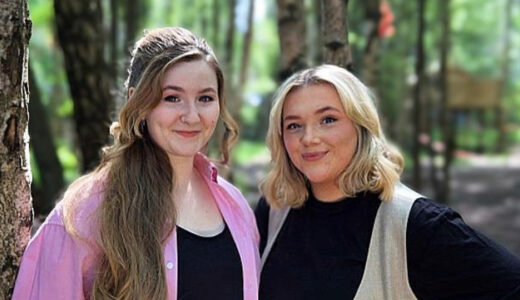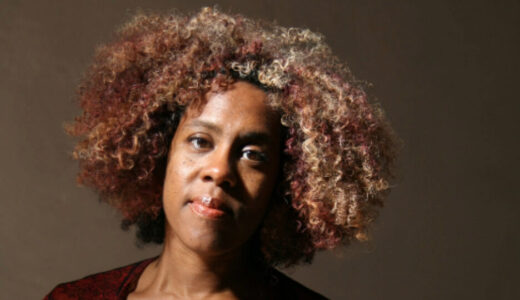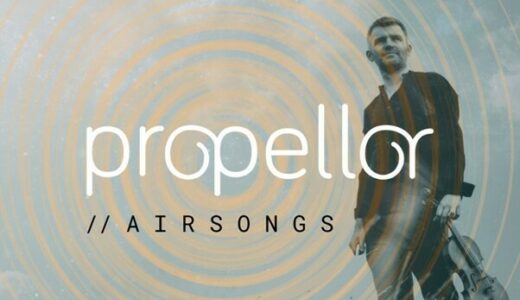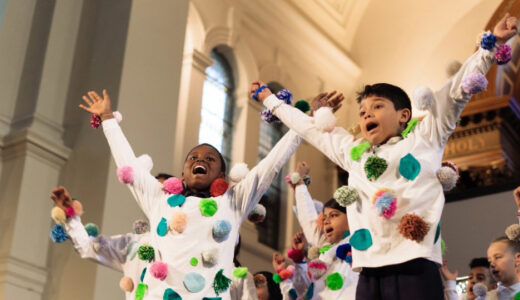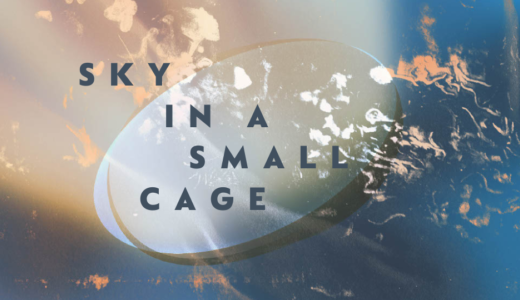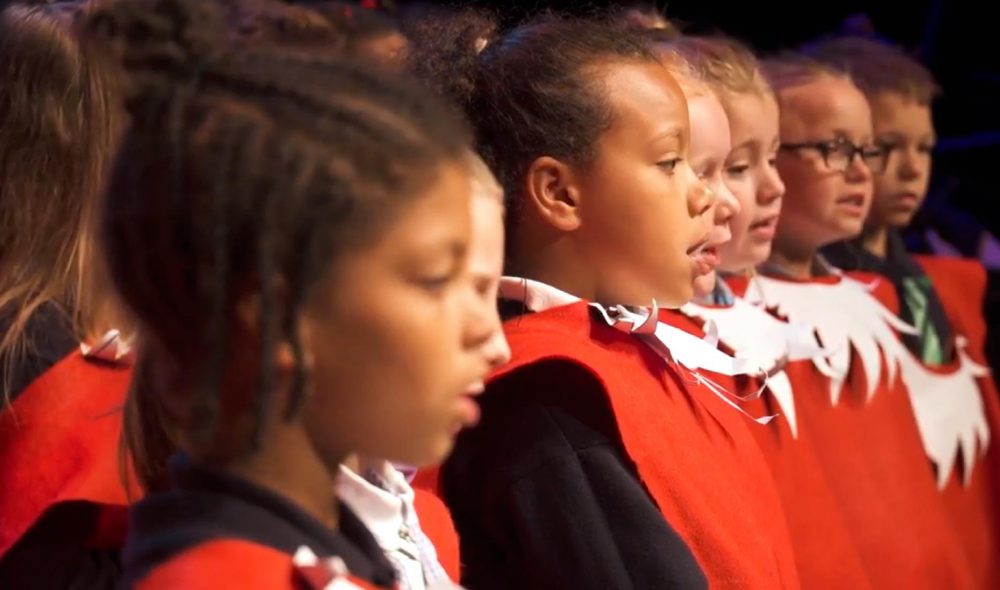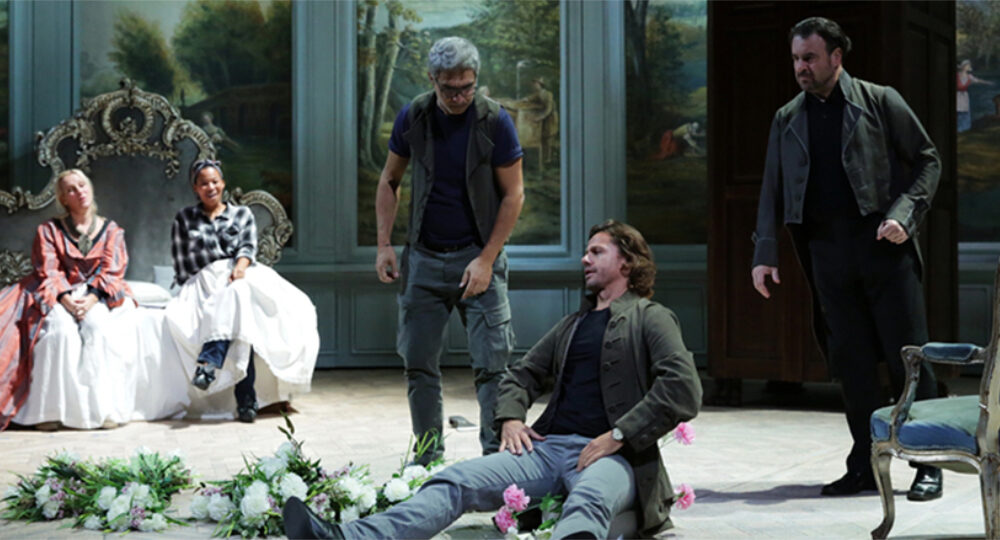
12/10/16
Frederic Wake-Walker on Directing at La Scala
This month our Artistic Director Frederic Wake-Walker makes his debut at La Scala directing The Marriage of Figaro. As part of an interview series for Askonas Holt, he took some time out to talk to Sarah Lambie about the production, Mahogany's upcoming work and more.
We’re speaking on Skype, so I think you’re abroad – are you somewhere exciting?
I’m in Berlin. This has been home for about six years. I fell in love with the city about ten years ago when I first came here and then when I didn’t need to be anywhere else, I decided I wanted to go and live in Berlin.
You’re about to embark on a brand new production of The Marriage of Figaro at La Scala, from 26 October to 27 November 2016. It’s a 225th anniversary production in terms of Mozart, but how significant is this production for you personally?
I’m not sure how I can put that into words really, Figaro is the most wonderful opera and I can’t think of one that I love more – one that is more complex and intriguing. I did La finta giardiniera at Glyndebourne, and when I re-rehearsed that production for the tour I kept thinking ‘I’d really like to direct Figaro now’… and then I was asked to direct Figaro – a beautifully serendipitous thing!
Figaro feels like the graduation from Finta: certain principles that we established in Finta we’ve continued with, because they were successful and chimed very much with me. There are principles that I believe in, particularly with opera buffa and the style of opera that Mozart wrote with Da Ponte. You’ve got to be aware of the theatricality – they were so aware of the whole thing being a piece of theatre, and you ignore that at your peril. There are some operas that feel more naturalistic, or filmic, and you lose yourself in the drama – but Mozart and Da Ponte are constantly reminding you that you’re in the theatre, that this is an illusion, make-believe; and actually what I love most is that by being aware of that you’re actually creating something more truthful. The audience is able to use their imagination even more, somehow.
So would I be right to imagine that you’ll try to show an awareness of the audience’s presence?
Absolutely, I think I try to do that with all of my productions, but definitely with this production: the first thing that we do is acknowledge the presence of the audience, quite profoundly – I’m not going to say any more!
Intriguing! And after that, how about the rest of the story?
For me the politics of Figaro is the politics of people. It’s about the relationship between those people: the piece is incredibly complex and diverse, with all these very finely drawn characters. What I hope to achieve with the production is that slowly over the course of the evening we pare away all that angst and jealousy and paranoia, and we come to a very simple moment where these human characters are looking at each other, and forgiving each other, and loving each other. I think the most remarkable thing about Figaro is that that final image is a miracle, a totally unrealistic portrayal – it portrays a world in which everyone is loving and forgiving. And yet it’s there, it’s there on the stage, so why can’t it be there in real life? That’s the challenge that the piece gives us when we walk out of the theatre at the end.
And the personnel involved in this production, Franz Welser-Möst, Carlos Àlvarez, Simon Keenlyside, Diana Damrau, Markus Werba, Golda Schultz, Marianne Crebassa… have you worked with any of these people before?
I’ve never worked with any of them apart from my designer, Anthony McDonald, we did Finta together, so it’s also a continuation in terms of the aesthetic from Finta. We took the angle that we are experiencing an 18th-century piece but in the present day, so we mix those two worlds somehow. But no, the conductor and the singers are all new relationships to be made.
That’s very exciting…and I would imagine also probably quite daunting?
It’s always daunting – I mean it’s a slightly bizarre process in that you plan two or three years before and, for example, you design costumes for people, but you haven’t actually met them yet!
Do you come to this with an awareness of previous productions of Figaro at La Scala, and a sense of a need to differentiate your work from other productions?
I was very aware of the previous production: it’s by Giorgio Strehler and has run at La Scala since 1982. Giorgio Strehler is a total hero of mine, and one of the greatest Milanese opera directors of all time, so I was definitely aware of that production! I certainly want to acknowledge it – whenever I start work on a production I always think about the answers to the questions ‘Where are we? What is the space, the theatre? Who are the audience? What country, what city are we in? What’s the context of the piece?’ I think you have to embed your production into a place, like planting a seed, and it has to be a dialogue between you and the company, and the audience.
At the same time I definitely don’t sit and watch lots of other productions in the early stages when I’m getting to know a piece and coming up with a concept. Sometimes later on I’ll go and see a production, but I won’t look at the production per se – it’ll be more to see how difficult a role is for a particular singer, or where the tension points are for that character, and how it feels in the space, that kind of thing, but I’ll try as much as I can to ignore the production. I want it to be my own and fresh, but I also want it to be connected to the place in which it’s being performed.
By contrast with creating new productions of much loved old operas, your next production with your company Mahogany Opera Group is a completely new work, The Mother, so you haven’t got the shadow of former productions hanging over you. Do you approach that kind of work differently?
The fundamental difference of course is the collaboration with the composer and the writer. Although my collaboration with Mozart is still very much there, it’s very different when you’ve actually got a composer in the room and you can have those kind of conversations which I find very enriching when you can really ask the composer ‘what does this mean?’, ‘why have you done that?’, and make suggestions and provoke the composer to think about how it will actually happen, spatially or visually. That side of things is very exciting and it feels with the new works that I’ve worked on that they are creative collaborations – I feel part of the creation of the piece, not just the production. Then in terms of the production, it’s a clean slate, so you can do anything. With a piece like Figaro you’re constantly thinking ‘well is this really what the piece is about, or is this just what everyone has come to accept it as?’ whereas with a new piece you can just say ‘This is what it’s about. Bang!’
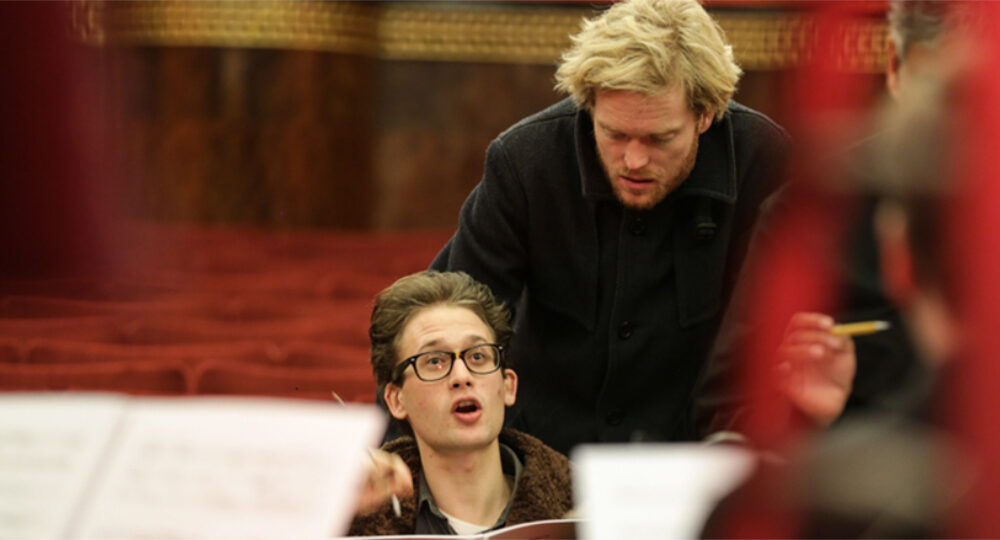
And are you doing that with the singers in the room, or have you cleaned up and finalised the piece by the time the singers arrive?
This is the other exciting thing about Mahogany and the way we create work: we have a programme called Various Stages where we develop work, and we bring in singers, designers, and whatever artists we need with the composer, and we have ongoing workshops. So the whole process is much more fluid and flexible and allows for more collaboration between all the different elements. There are so many elements with opera that it gets very exciting when different people are meeting earlier in the process.
Tell me about The Mother itself.
The composer is called Laurence Osborn, and he is a brilliant young composer who I think will become a total star. The Mother is based on a play by a Polish avant-garde playwright/artist/philosopher and experimenter in drugs(!) called Witkiewicz, who’s hugely influential in European theatre. The piece makes quite a scathing critique on the automisation of the world. Witkiewicz was writing in the 1930s, with Fascism and Communism both current, but it translates rather beautifully to our digital world now. It’s about a young man who is trying to change the world with his philosophies but still being supported by his mother – so it’s very much a millennial generation story, and ultimately it’s about coming to terms with the death of your mother and what that means, so it’s very intense.
Which I imagine is reflected in the music as well?
Absolutely, Laurence’s music is incredibly taut and dramatic, and very colourful, anarchic, witty and emotionally charged.
And with Mahogany you’re also working on the nationwide mini-opera project for children aged 7-11, Snappy Operas…
Yes, that’s something I’m particularly passionate about. I grew up in Suffolk and sang in lots of Britten operas, that was my upbringing – so every year we have at least one project that’s about bringing kids on to the stage with professionals. We’re building some really exciting relationships around the UK with various youth groups and schools, but there isn’t such a large repertoire for that kind of work, so it felt like we needed a project like Snappy Operas, which are ten-minute pieces that you can put together in a day. They give the kids the whole spectrum of what opera is, and it felt like that was the perfect vehicle to start getting more of them into opera. It starts as a tiny idea, a ten-minute opera, but it pyramids out very quickly, because one venue is doing ten different Snappy Operas with ten different schools… that’s 300 kids, so it’s a mammothly complex project, but it’s very exciting.
Have you had any experiences already with young people really responding well to this kind of work?
Oh yes, hundreds – the confidence that they get, the joy that they have, the way it sparks their imaginations, the effect it has on their relationships with their parents, and so on, is so tangible. There was one little boy up in Cumbria who had never had the guts to go through with a production or a sports event before, he’d always bottled just beforehand, and when we did a piece called Brundibár last year up there, he came on with a drumroll, with tears in his eyes, and he couldn’t quite say the line – he had to go offstage again, and the stage manager had to get him to go back on and try again. Eventually he came on and he did it, and he did the rest of the run, and we were all in floods of tears! So yes, seeing how kids grow and develop and fight their fears is just extraordinary.
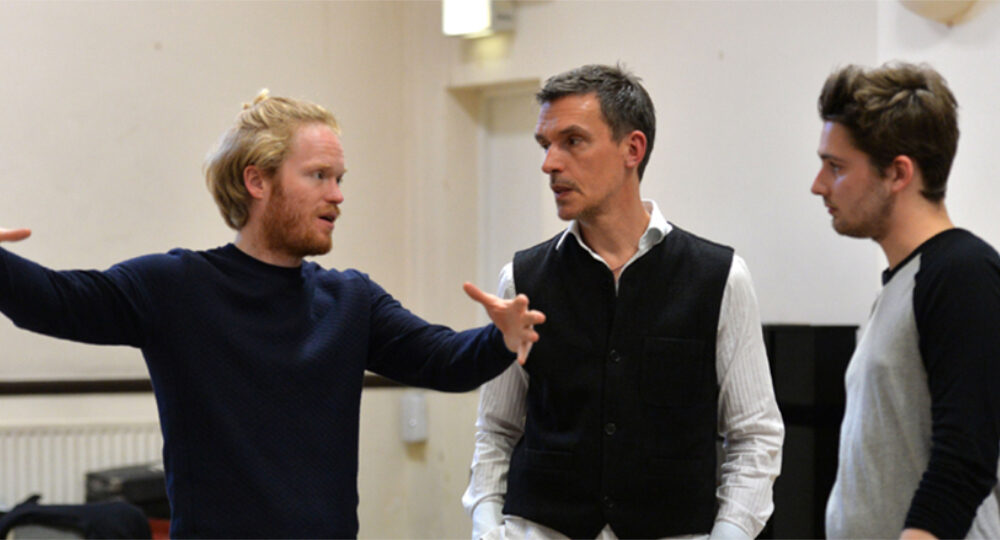
I’m told you’re also working on another forthcoming project at the moment?
Yes, I’m doing Idomeneo which will open in February 2018. We’ll start rehearsals in December 2017 but I’m working on it now because it needs quite a lot of work – you have to make quite a lot of dramaturgical decisions in terms of cuts and order of things, so I’m busy on that at the moment as well.
Another Mozart opera, very exciting. The combination of that and your avant-garde work on pieces like The Mother makes for a pretty varied portfolio: are there other past productions in your repertoire that are so completely removed from Mozart that they tell a different story about your directing?
Yes! There’s the meditation opera, we’re doing a performance of it in Hamburg in February, that’s a, well, a meditation opera…
…What does that mean?!
It’s a four hour event which a singer and several musicians lead you through. The structure of it is that it’s like a day of meditation: a retreat. There are all the different elements – eating, walking, sleeping, sitting… but it’s all interspersed and integrated with composed music by Rolf Hind which is both a reflection of his own experience of meditation and a means by which you yourself can meditate as well. It’s called Lost in Thought: a mindfulness opera: a mindfulness opera.
It takes place in a big open space, the audience are on the floor or on chairs when they are sitting, but they’re also walking around the musicians, getting very close, by the end there’s a breaking of the silence – a moment where the audience and the performers all play little percussion instruments together and all barriers are broken down in a very sensitive but extreme way. It’s quite extraordinary.
Wow. Is that a concept that has existed in a previous form?
No, we’ve claimed that it’s the first meditation opera, so we’re waiting for someone to tell us that they’ve done it before! – No it’s a very original concept, as far as I know.
[Lost in Thought: a mindfulness opera will be performed at Elbphilharmonie Hamburg on 18 and 19 February 2017, as part of the Lux Aeterna festival]
And are you looking forward to anything outside of your directing career at the moment?
I have a 1 year-old son who had his birthday a couple of days ago, so he tends to be the magnet other than work at the moment, and he’s a total joy…that kind of takes up all my time!
The Marriage of Figaro opens at Teatro alla Scala on 26 October 2016 and runs until 27 November. Find out more on La Scala's website.
This article originally appeared on Askonas Holt as 'Frederic Wake-Walker on his new production of The Marriage of Figaro'. With thanks to Askonas Holt for permission to repost this article.
Images: Teatro all Scala, Impact Marketing, Mark Allan
Recent Posts

23/01/25
Various Stages | News | Meet Me @ Mahogany | Events & Performances
Meet Me @ Mahogany: Participation On The Move
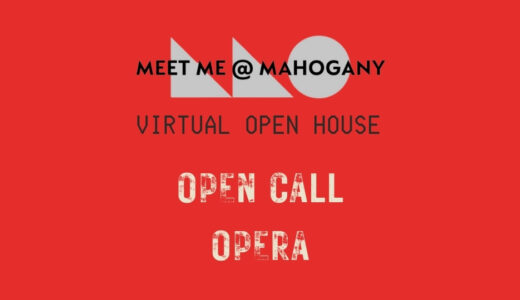
16/10/24
News | Meet Me @ Mahogany | Recruitment | Events & Performances
Meet Me @ Mahogany: Open Call Opera
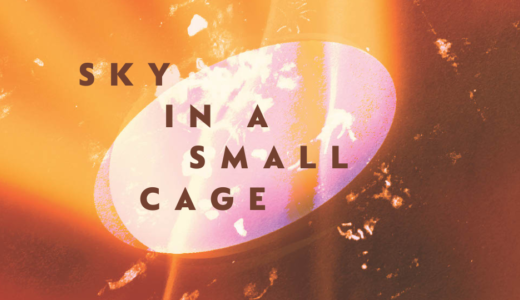
10/04/24
Commissioning | News | Events & Performances
Performance dates for Sky in a Small Cage announced
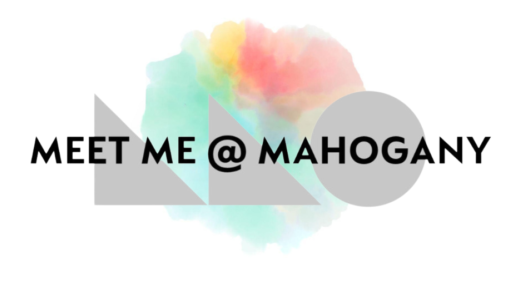
21/02/24
Various Stages | News | Meet Me @ Mahogany | Events & Performances
